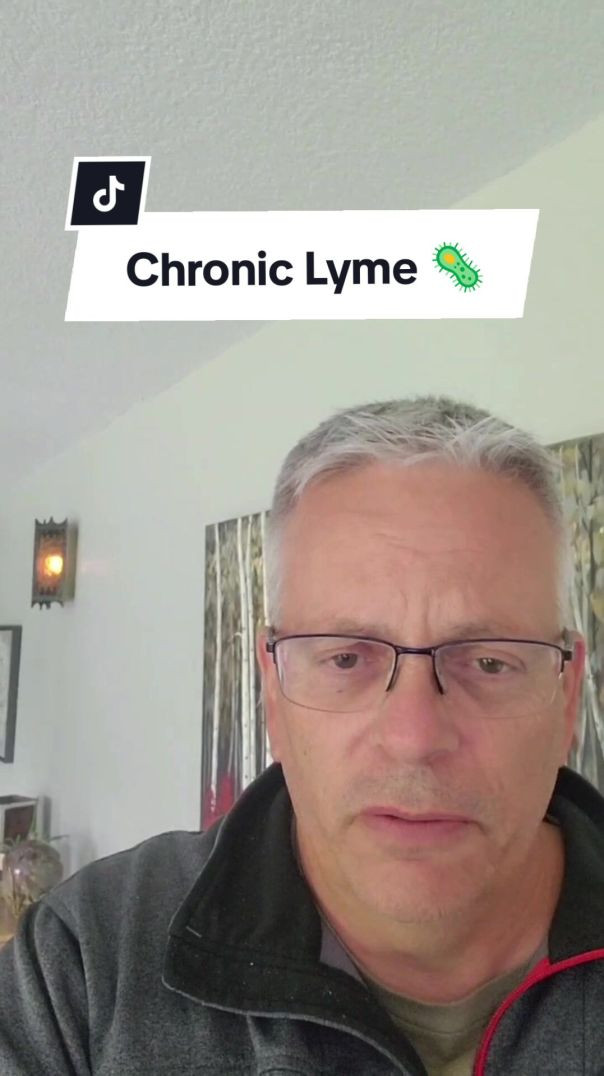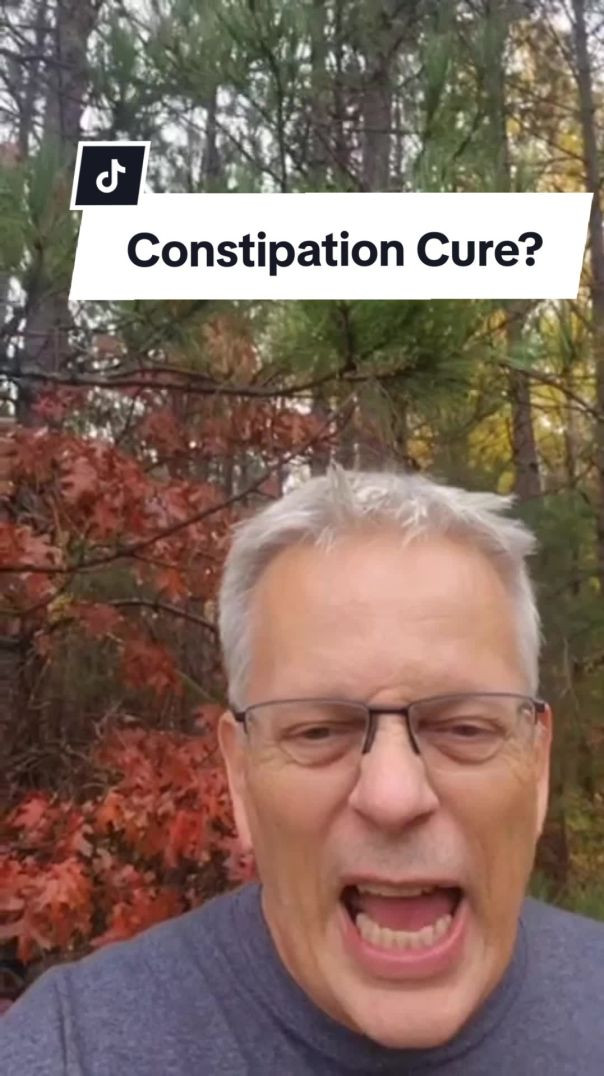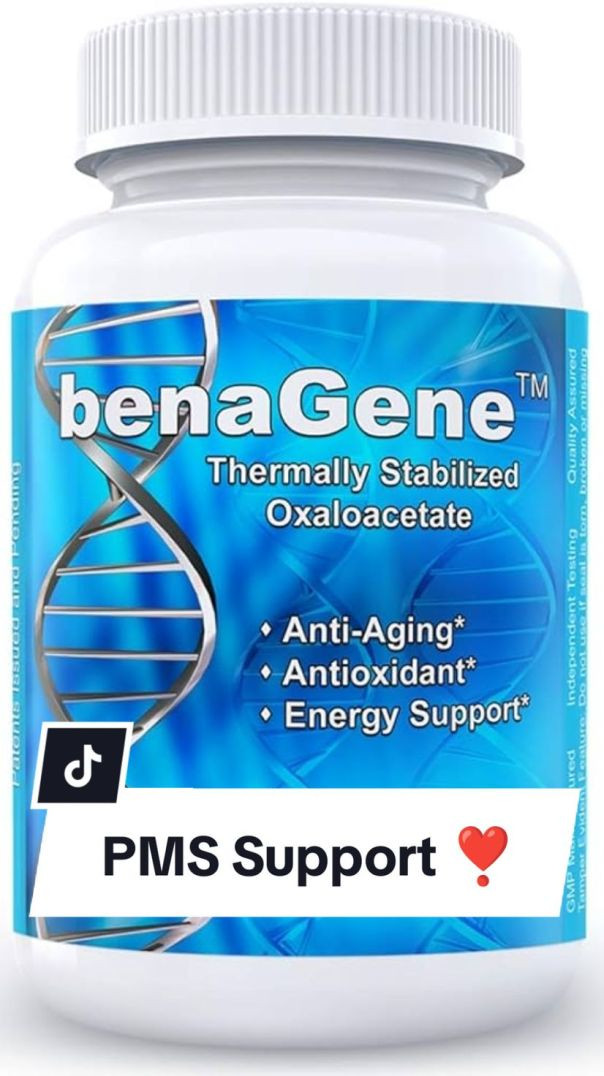निकर सृजन करना

Transform your sleep and health with grounding sheets! 🛏
✨ Experience relief from back pain, better energy levels, and reduced inflammation.
🌍💪 Skeptical? So was I, until I tried them!
Here's how easy it is: just plug it in, snap it on your sheets, and enjoy the benefits. 🙌
I even got a set for my daughter!
Ready for a life-changing night's sleep? Get your grounding sheets today!
#groundingsheets #bettersleep #healthhack #wellness #naturalhealing #inflammationrelief #energyboost #connersclinic #holistichealth

Do you have to use Gold Roast coffee for a coffee enema?
https://shop.connersclinic.com..../products/s-a-wilson

Dealing with Lyme Disease ? Is it acute, #chroniclyme or #autoimmunelyme -- Understand the 3 phases to understand how to heal.
#lymedisease #autoimmunedisease #lymediseaseawareness #holistichealth #heydoc #naturalhealing #connersclinic #drkevinconners #naturalremedy

Natural help for constipation
https://shop.connersclinic.com..../products/phase-6-as



